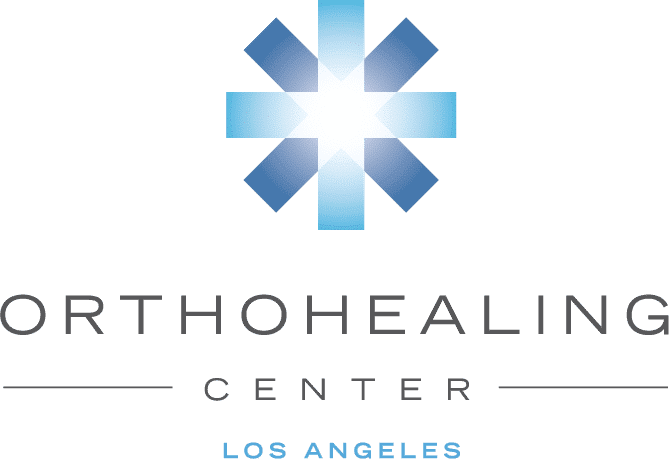Dr. Scott Rodeo of Hospital for Special Surgery recently presented some of his newest research in biologic therapy in a scientific poster, “Use of Human Placental-Derived Adherent Stromal Cells Improves Tendon Healing in a Preclinical Model of Tendon Injury.”
Dr. Rodeo’s initial findings in this pre-clinical model suggest three very important conclusions:
- Cells expanded from placenta tissue have been shown to have early beneficial effects (as early as 2 weeks) on tendon healing in a preclinical laboratory model.
- Placental tissue is immune privileged, which means that it can be placed inside the body and not cause an inflammatory reaction like other foreign bodies. Placental cells can also be expanded or multiplied outside the body, also known as ex vivo. These two characteristics make placental –derived cells a potentially viable “off-the-shelf” biologic therapy.
- Additional pre-clinical studies are needed to better understand the mechanism of how placental cells affect tendon repair before human clinical trials are started.
In the news release regarding the research findings, Dr. Rodeo said, “Although our findings should be considered preliminary, adherent stromal cells derived from human placenta appear promising as a readily available cell source to aid tendon healing and regeneration.”
Although these results are merely preclinical, they do suggest a potential future for placental-derived biologic therapy and warrants further research and collaboration. At the Orthohealing Center, we strive to remain at the forefront of emerging biologic therapies, and will continue to monitor the developments in placental-derived expanded cells to provide out patients with the best options for treatment.
Stay connected on Twitter and Facebook for more up-to-date research and health articles!



